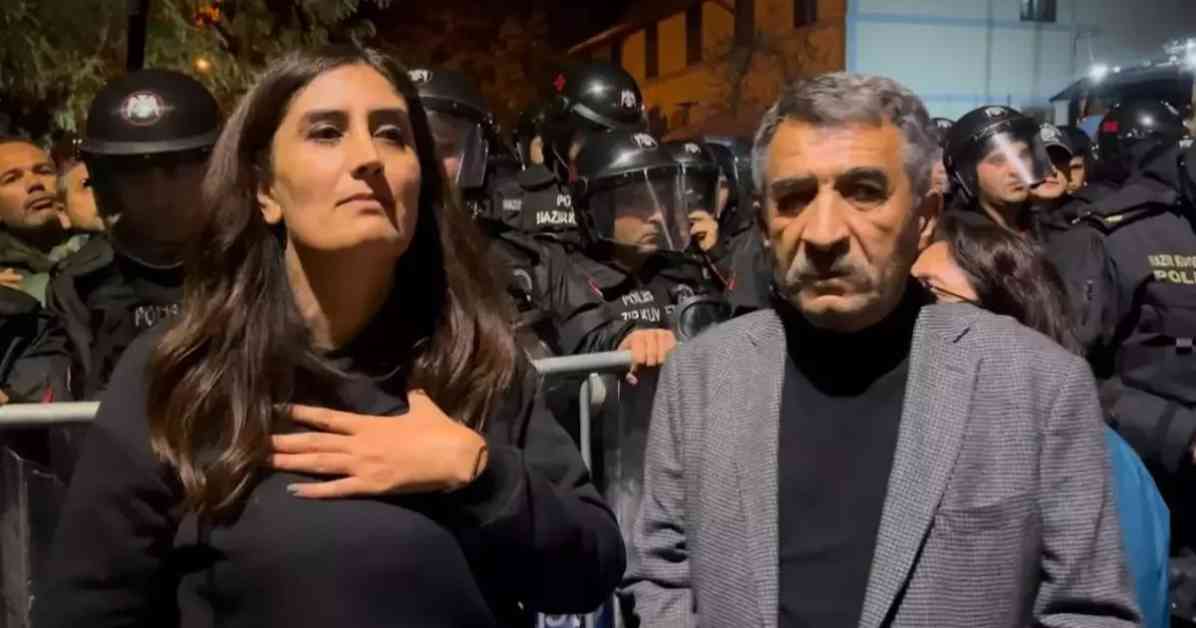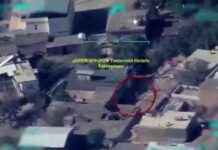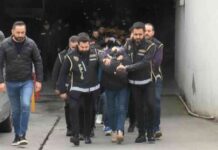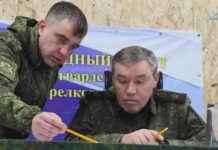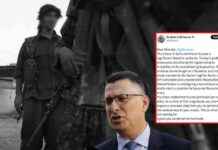Tunceli Co-Mayor Birsen Orhan Arrested
Tunceli has been a focal point of political turmoil in recent weeks, with the arrest of Birsen Orhan, a Democratic Regions Party (DBP) council member and Co-Mayor of Tunceli Municipality. Orhan was detained on charges of “publicly inciting people to commit crimes” following the temporary assignment of trustees to the Tunceli Municipality by the Ministry of Interior.
Orhan’s arrest came in the wake of the sentencing of Tunceli Mayor Cevdet Konak and Ovacık Mayor Mustafa Sarıgül to 6 years and 3 months in prison for alleged membership in the PKK/KCK armed terrorist organization. Subsequently, the Ministry of Interior intervened by appointing temporary trustees to oversee the municipalities in question.
Despite the Ministry of Interior’s decision, protests erupted in Tunceli, where Co-Mayor Birsen Orhan actively participated in demonstrations denouncing the government’s actions. It was during one of these protests on November 23 that Orhan was taken into custody by law enforcement authorities.
Upon her arrest, Orhan refused to provide a statement to the police and was subsequently referred to the prosecutor’s office after undergoing a medical examination. Ultimately, she appeared before a court where she was charged with “publicly inciting people to commit crimes” and placed under house arrest with a travel ban.
Currently confined to her residence in Pertek, Orhan was escorted to Tunceli Courthouse in the early hours of the morning to provide testimony regarding allegations of “resisting law enforcement and obstructing official duties” under Law No. 2911.
The situation in Tunceli has sparked debate and raised concerns about the state of democracy and freedom of expression in Turkey. Critics argue that the government’s crackdown on opposition figures and the appointment of trustees to replace elected officials undermine the principles of democracy and the rule of law.
The Impact on Local Governance
The appointment of trustees to Tunceli Municipality and Ovacık Municipality has disrupted the functioning of local governance in the region. With elected officials being removed from their positions and replaced by government-appointed administrators, concerns have been raised about the legitimacy and accountability of the new authorities.
Local residents who voted for their representatives in democratic elections now find themselves under the rule of individuals appointed by the central government. This move has not only sparked protests and demonstrations but has also led to a sense of disenfranchisement and frustration among the local population.
The arrest of Co-Mayor Birsen Orhan further complicates the situation, as it raises questions about the government’s commitment to upholding democratic principles and respecting the will of the people. By targeting elected officials and opposition figures, the government risks alienating large segments of the population and fueling political tensions in an already volatile region.
International Response
The arrest of Birsen Orhan has drawn criticism from international human rights organizations and foreign governments. The European Union, in particular, has expressed concerns about the deteriorating state of democracy and human rights in Turkey, calling for the release of Orhan and other detained politicians.
The United States has also condemned the Turkish government’s actions in Tunceli, emphasizing the importance of upholding democratic values and respecting the rule of law. The arrest of elected officials and the appointment of trustees to replace them have raised alarms about the erosion of democratic institutions and the suppression of political dissent.
As the situation in Tunceli continues to unfold, it remains to be seen how the government will respond to mounting pressure from both domestic and international actors. The fate of Birsen Orhan and other politicians detained in the region will be a litmus test for Turkey’s commitment to democracy and human rights.

